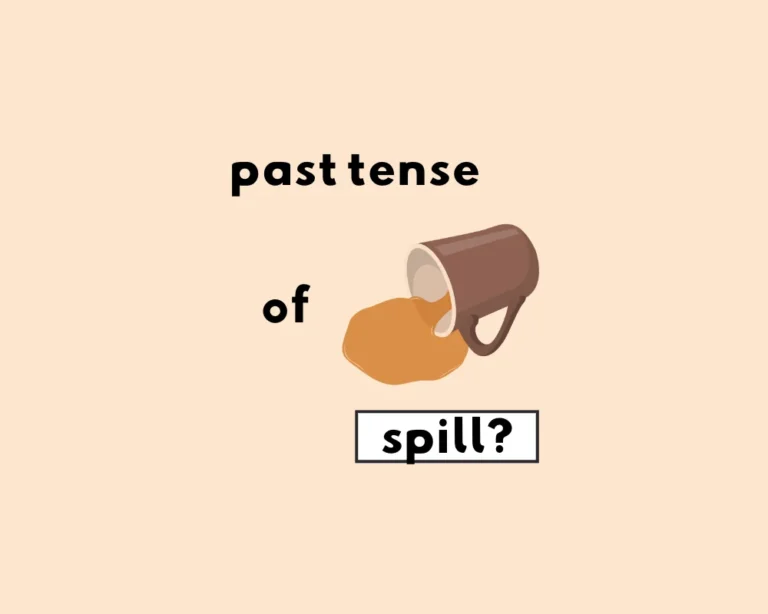
What’s the Past Tense of Spill? Spilled vs Spilt
By and large, spilled is favoured in American English as both the past tense and past participle. British English, as you may have suspected, prefers
Explore the breadths and depths of Grammarflex’s knowledge base, containing resources and comprehensive guides on pretty much everything you could want to know related to English grammar and writing.
Learn all about the main parts of speech, which (in case you forgot) comprises of verbs, nouns, adjectives, pronouns, adverbs, conjunctions, prepositions and interjections. Beyond the fundamentals of English grammar, you’ll find guide on writing mechanics and style, literary devices amd more.


By and large, spilled is favoured in American English as both the past tense and past participle. British English, as you may have suspected, prefers
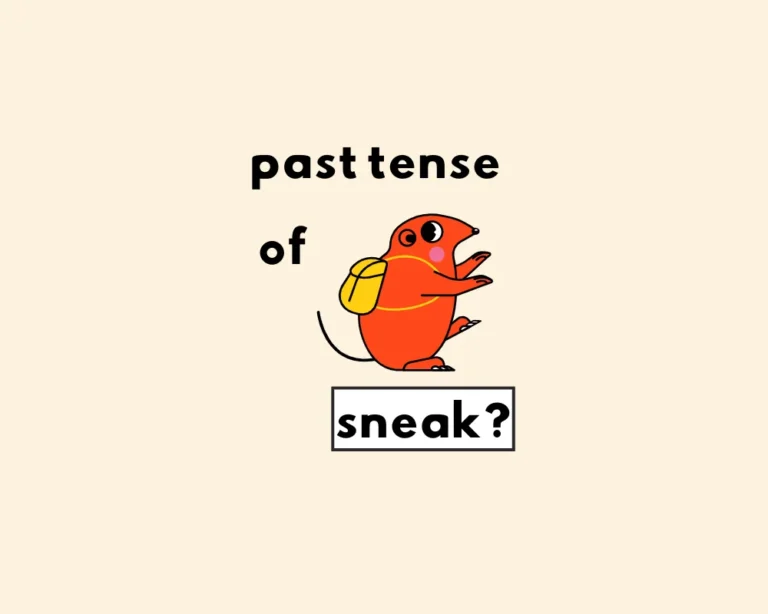
The past tense of sneak is sneaked….or snuck.

Cliff plural is cliffs. Usually singular nouns that end in -f/-fe take on -ves as a plural. This is not the case with cliff/cliffs.

Contractions are words that have been conjoined through the use of an apostrophe, and the omission of certain letters and sounds: haven’t, wouldn’t couldn’t.
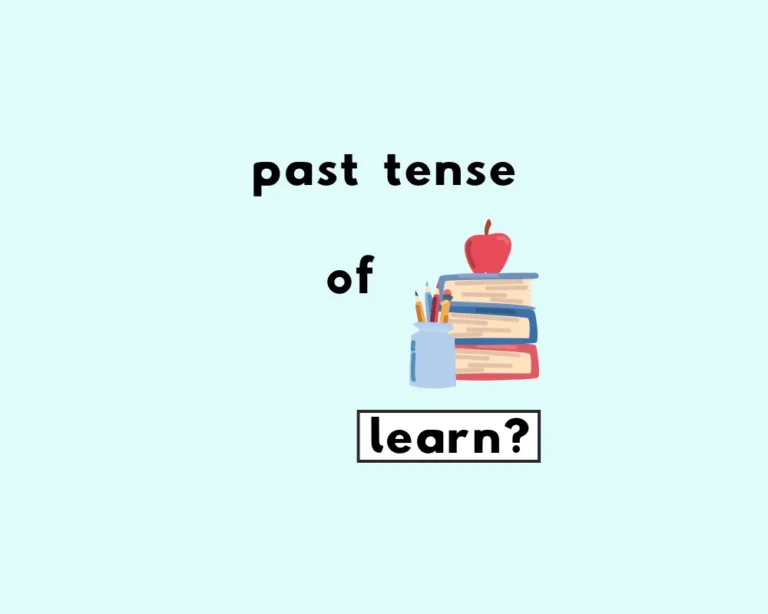
US English prefers learned as the past tense of learn. Learnt is the original past tense, and commonly accepted worldwide.
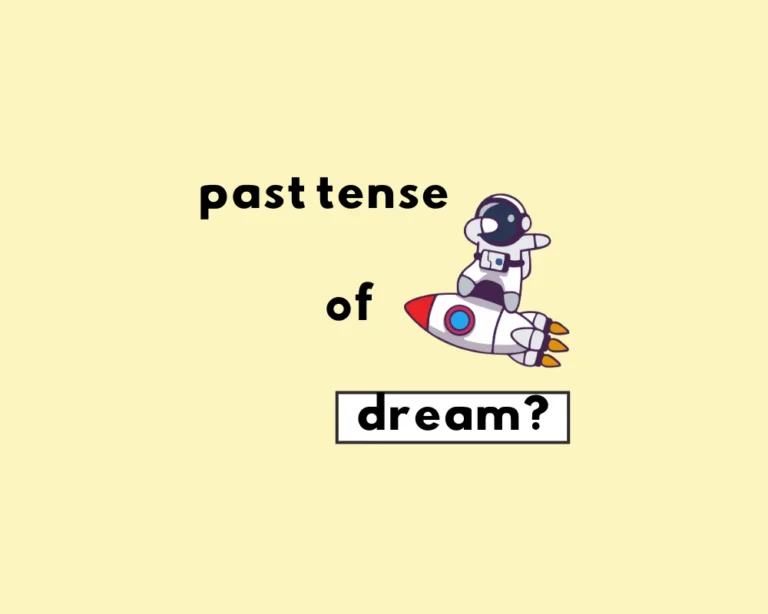
American English prefers dreamed as the past tense and past participle form of dream (present tense). British English prefers dreamt as the past and past
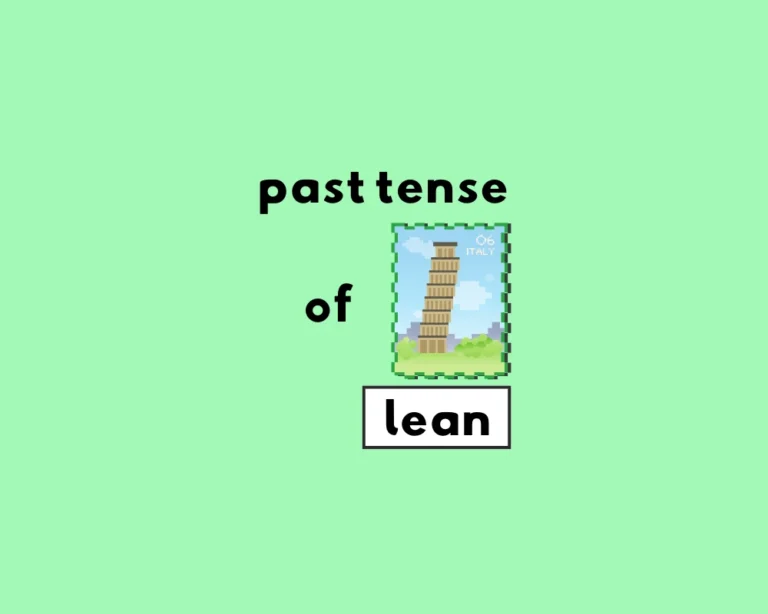
Lean, which is an intransitive verb, accepts both leaned and leant as its past tense and past participle forms.
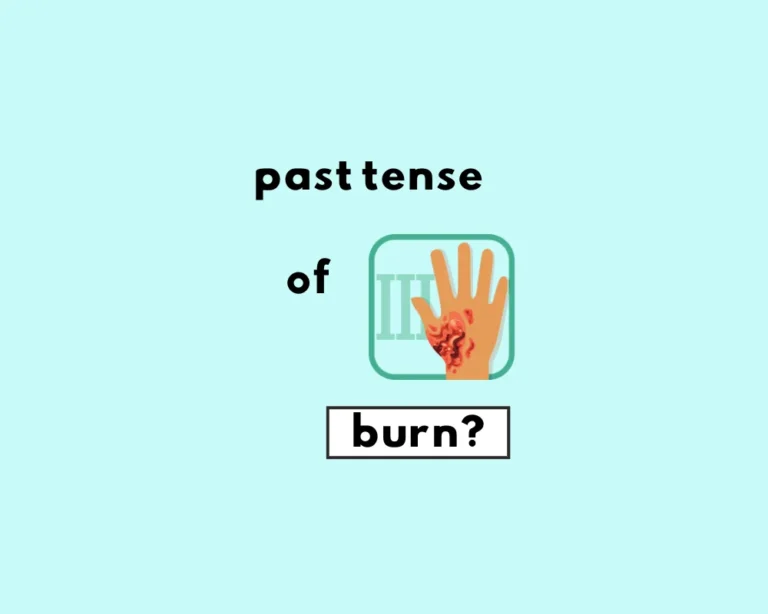
Burned and burnt are both past tenses of the verb “burn”. British English prefers burnt, whereas American English uses burned.
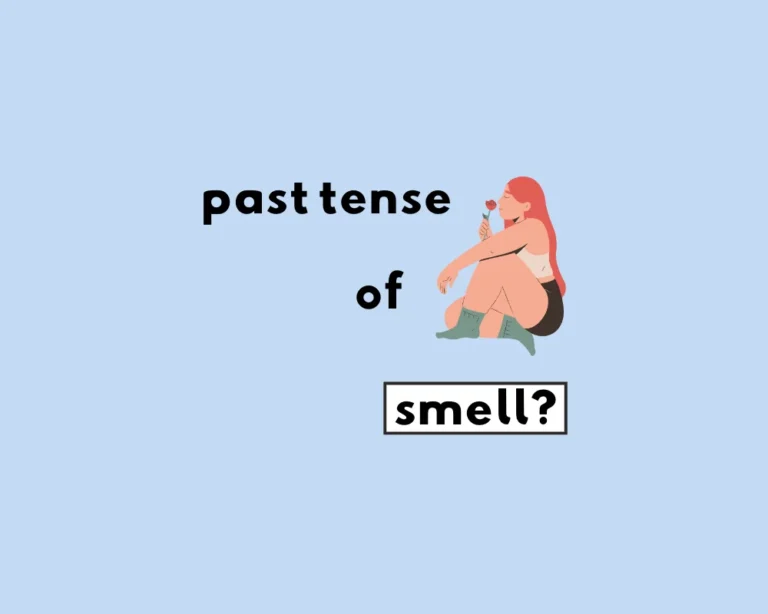
Both smelled and smelt are accepted past forms of the present tense verb, to smell. Smelled is the American preference, whereas spelt is preferred in